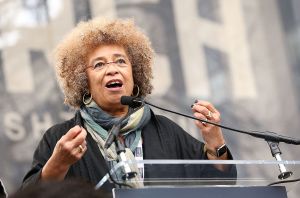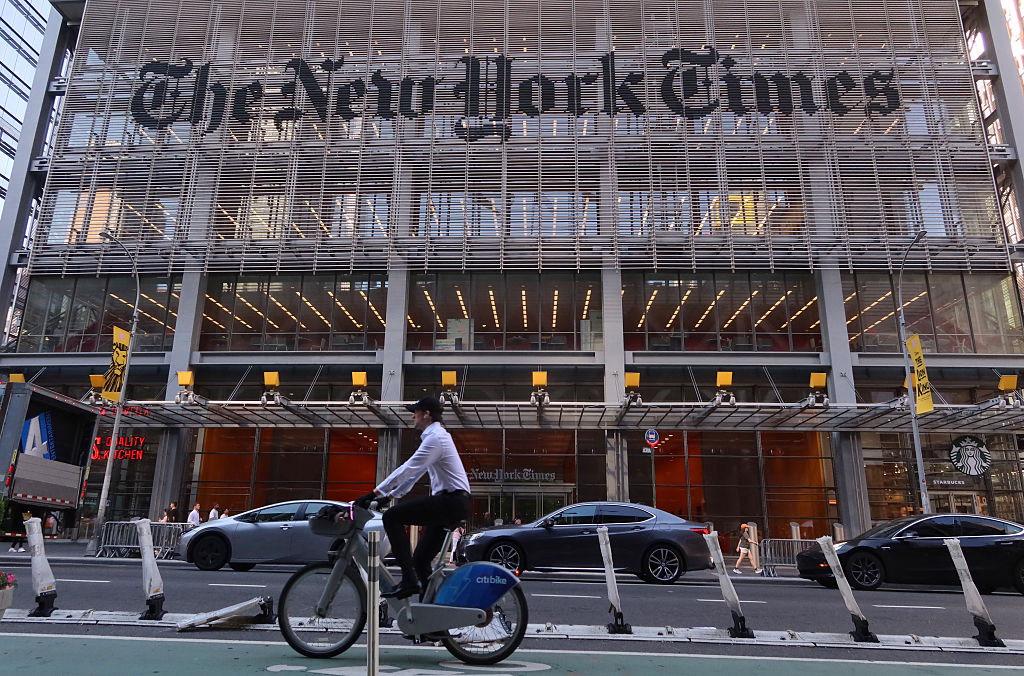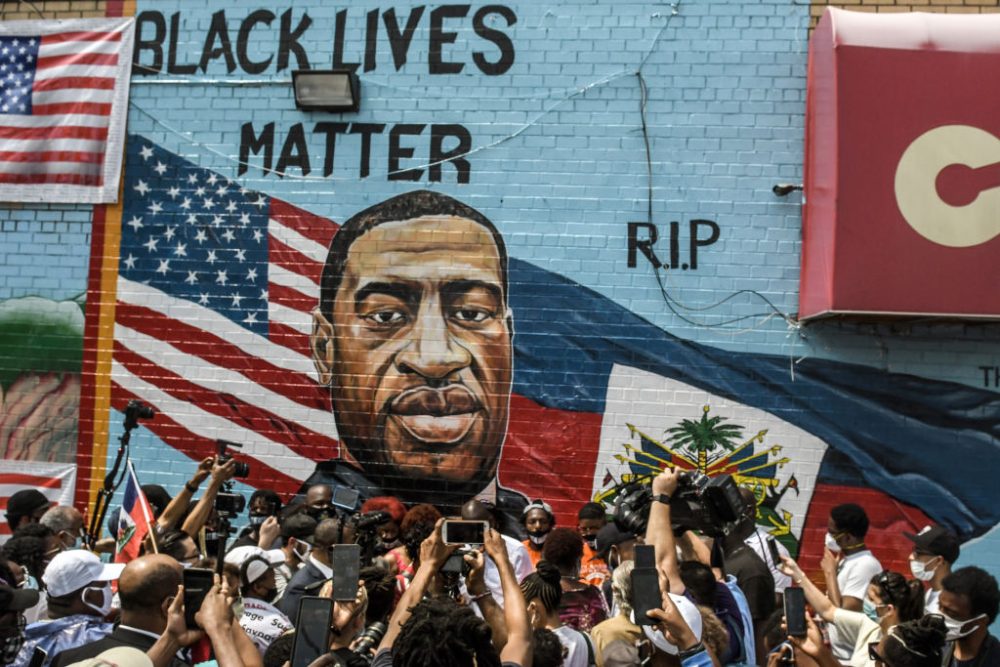Four years ago, I bought a ranch in Wyoming. Not that I was tired of New York, but I’m fascinated by the epic scale of this country, and I wanted to try something different. And different it is. The state of Wyoming is physically larger than the UK, but has much less than a hundredth of the UK’s population. I have to drive ten miles before I see a paved road. I stop there to pick up my mail, from a locked box on the shoulder. From there I have a choice of two supermarkets, one 40 miles north, the other 60 miles south. But distances are relative here. I told my friend C.J. Box, the great Wyoming writer, that I was moving, and where. ‘We’ll be neighbors,’ he said. ‘Really?’ I replied. I thought I must have misread the map. ‘Close enough for dinner,’ he said. ‘It’s only 105 miles each way.’ And we’ve done it many times, a 210-mile round trip. But only in summer. The road over the Snowy Mountains is closed eight months of the year, because of, well, snow. Wyoming gets a lot of it. We got two feet on June 9. Last year the final fall was June 23. Then comes a quick and lovely summer, officially measured from the last frost to the first. The shortest on record is 11 days, but in my experience about 15 weeks is typical. From late June to early October it’s entirely delightful. Wildflowers are everywhere, and frolicking chipmunks and rabbits, and soaring raptors and busy hummingbirds, and deer and antelope, and elk, moose, coyotes, mountain lions and bears. But almost no people.
Lockdown has been statistically unnerving. I have been in the same bed under the same roof for 125 nights, which is my longest unbroken stretch since…when? Certainly 25 years ago, when I became a writer. Tours, conventions, conferences and events kept me away from home. My peak travel year was 2006, when I took 70 separate flights. Possibly I would have to go back to 1970, when I did my O-levels and then went to the Bath Festival. (Elsewhere in the huge crowd, unknown to me, was a girl visiting from America. We met years later and got married, and still are.) Then came A-levels and all-weekend parties and summer hitchhiking in Europe, and then university, and then family and vacations and weekends away. I don’t see 125 consecutive nights anywhere in that span. It’s a new record.
[special_offer]
From a writer’s perspective, the virus is about finding the story. (But will there be COVID novels? Maybe not. The flu of 1918 shows up surprisingly little in fiction.) I would focus on the moment when leaders were first warned, back in December or January. Possibly an allegory. Imagine sitting at home, maybe 9 p.m., a glass of wine, something good on the telly. There’s a knock at the door. Government scientists say you have new and dangerous termites in your foundation and you must burn your house down immediately, tonight, right now, this minute. I think we can forgive governments a week of stunned inaction. Subsequent weeks, not so much.
Also from a writer’s perspective, I have to place on record, in addition to the merits of the argument, my unreserved admiration for the coiner of the slogan ‘Black Lives Matter’. It’s a paragon of economy. It answers 400 years of history in just three words. But most of all it contains its own hidden judo. It prompts banal and chirpy counter-offers, like ‘Blue Lives Matter’, and ‘White Lives Matter’, said smugly as if now the argument must surely be settled, and into the subsequent embarrassed silence crash the voices of ghosts, who say: ‘Yes, of course, but they always have — unlike ours.’
I’m a Booker judge this year, and have loved the reading, but now we’re at the point I dreaded. We’ve just announced the 13-title longlist, which means we say goodbye to 20 or 30 truly excellent novels. It breaks my heart. People of immense ability poured themselves into those works, sometimes for years. That said, I’m confident in our decision. Five judges read every word of every text. We debated endlessly — by Zoom, inevitably — at six in the morning for me, on Mountain Time, at eight for Emily Wilson on the East Coast, at one in the afternoon for Margaret Busby and Sameer Rahim and Lemn Sissay in the UK. It was a well-chosen panel in that five very different people came at it from five very different directions. Our longlist has plenty of new voices and women and writers of color, but that was to be expected, because that’s where the talent is now, and the passion, and the ideas, and the energy. If you want to know where the novel is in 2020, my advice is to read all 13.

























